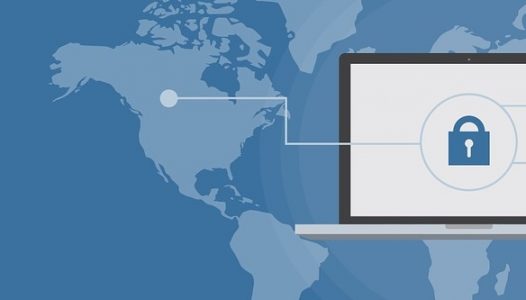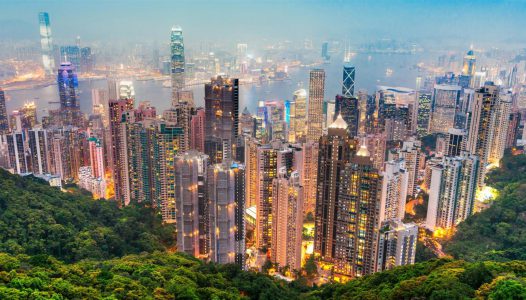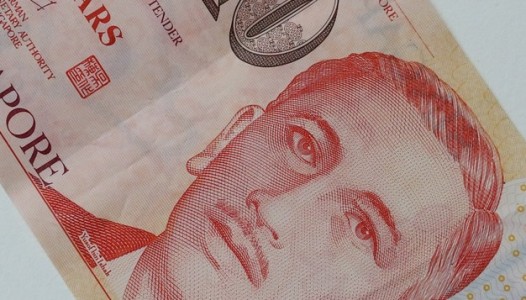The European Union (represented by President of the European Council, Charles Michel and President of the European Commission, Ursula von der Leyen) held a leaders’ meeting with China (represented by President Xi Jinping) via video conference on 30 December 2020. The meeting provided an opportunity to follow up on the 22nd EU-China Summit (22 June) and the Leaders’ Meeting (14 September) originally foreseen in Leipzig. It is part of continued engagement of the European Union with China. EU leaders had a strategic debate on China at the October European Council which was prepared by in depth consultation at EU leaders’ level. In addition to this meeting, an exchange took place between the French President Emmanuel Macron, the German Chancellor Angela Merkel and President Xi as a follow up of their meeting inParis in March 2019.The meeting focused in particular on progress achieved on negotiations on investment. Following intensive negotiations carried out by the European Commission on the EU’s side, the EU and China concluded in principle the negotiations for a Comprehensive Agreement on Investment(CAI). This delivers on the commitment made at the EU-China summit in April 2019 where the two sides agreed to aim for conclusion of negotiations by the end of 2020.
Participants welcomed the active role of the German Presidency of the Council, and of Chancellor Angela Merkel in particular, who has put special emphasis on EU-China relations and fully supported the EU negotiation with China. This Agreement is of major economic significance and also binds the parties into a values-based investment relationship grounded in sustainable development principles. Once in effect, the CAI will help rebalance the trade and investment relationship between the EUand China. China has committed to an unprecedented level of market access for EU investors, giving European businesses certainty and predictability for their operations. The Agreement will also significantly improve the level playing field for EU investors by laying down clear obligations on Chinese state-owned enterprises, prohibiting forced technology transfers and other distortive practices, and enhancing transparency of subsidies. EU companies will henceforth benefit from fairer treatment when competing in the Chinese market.
The Agreement also includes important commitments on environment and climate, including to effectively implement the Paris Agreement, and on labour standards. China has committed to effectively implement ILO Conventions it has ratified, and to work towards the ratification of the ILO fundamental Conventions, including on forced labour. On the EU side, further work will now be undertaken in accordance with its legal rules and procedure to sign, ratify and conclude the Agreement. The two sides will aim to conclude negotiations on investment protection within two years of the signature of CAI.
Ensuring successful implementation of this Agreement once concluded will require high level and sustained political engagement with China. The Agreement also provides for a robust enforcement and monitoring mechanism . The European Commission will monitor the implementation of the commitments in the Agreement on the EU’s side. The EU will take stock of the overall development of EU-China relations, including but not limited to the CAI and its implementation in all its dimensions, during the French Presidency in 2022. Looking beyond the CAI negotiations, the EU reiterated its expectation that China will engage in negotiations on industrial subsidies in the WTO. The EU Leaders also emphasized the need to improve market access for EU traders in sectors such as agri-food and digital, and to address overcapacity in traditional sectors such as steel and aluminium as well as in high tech. The EU referred to the agenda of the June Summit and the September Leaders’ meeting and reiterated the need to continue to address all issues discussed.
On climate, the EU welcomed the announcement by China to achieve carbon neutrality by 2060 and reiterated its readiness to cooperate on climate and biodiversity issues. On Covid-19, EU leaders emphasized the need continue supporting the Covax facility and to reinforce international cooperation to better anticipate and manage potential future pandemics. EU leaders also called on China to participate fully in multilateral debt relief efforts within the framework agreed by the G20 and the Paris Club.EU leaders also reiterated their serious concerns about the human rights situation in China, including developments in Hong Kong.
Finally, President Michel recalled the invitation for President Xi to join an EU-China Leaders’ meeting with the participation of the Heads of State and Government of the EU member states to be held in Brussels in 2021. The EU will continue to conduct its policy towards China in line with the multi-faceted approach endorsed at the European Council on 1-2 October.





